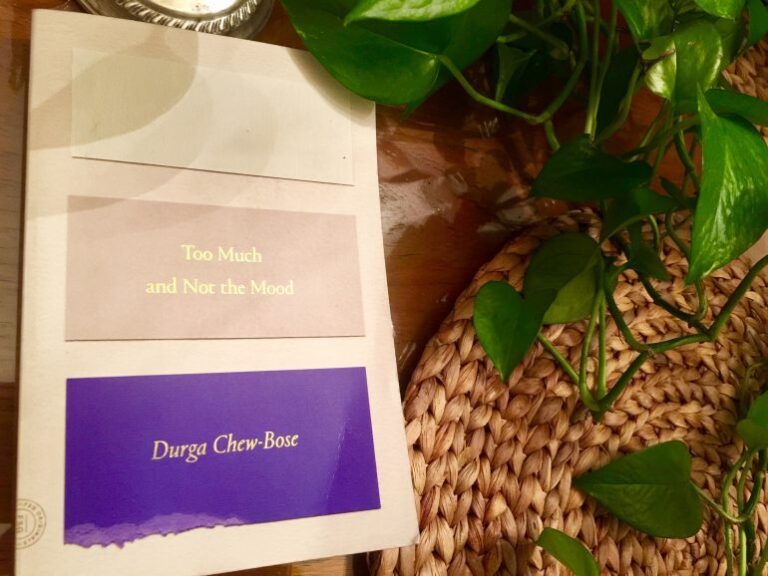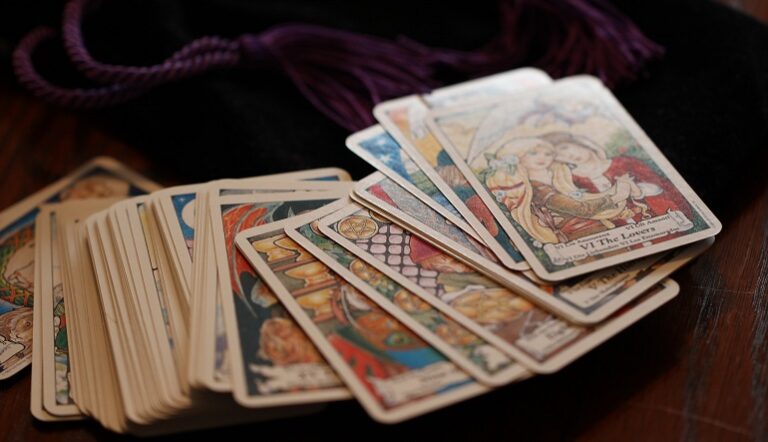Generosity as a Social Justice Reading Practice
There are a number of practices and resources that can encourage the practice of reading generously or introduce one to new writers.
Please note that orders placed between February 1-February 17 will not be shipped until February 17. Thank you for your patience.

There are a number of practices and resources that can encourage the practice of reading generously or introduce one to new writers.

“I found it touching and also rare to read about awe. It made me want to write because so much of my experiences, the ones I remember at least, involve appreciation. Or maybe I just confuse seeing with appreciating?”

The information age has left us mired in details. Unable to see the big picture, we suffer from shortsightedness. We can’t discern the connections between actions and consequences, or recognize the pattern that shows we are all connected as one.

A friend I was visiting a while ago agreed to read tarot cards for me. I was a complete novice in the matter. The reading was about me picking up each card, describing what I saw, and then having my friend help me articulate my gut reaction to/analysis of the card with its symbolism.

Every time I pause in front of a stack of lit mags at my house, I find myself flipping through one for a morsel. Gimme something good. I find myself re-reading things I’ve already read and feeling surprised by them again and again, as if the magazine keeps the poems new and Ziploc-fresh.

A part of me believed that the amount of books I read revealed whether I had a good year, whether I’d done more than I expected or had failed to keep up.

It’s hard not to notice the word girl writ large on book covers and film posters everywhere. It’s also tough to ignore the flurry of opinions on whether titular appropriation of the word is sexist and offensive or just smart marketing. Turns out the word is surprisingly flexible.

In “Trances of the Blast,” the poem from the book by the same name, Mary Ruefle begins with a question and answer: “What is the code for happiness?/Blackberries forever.”
Although the book—Trances of the Blast—came out several years ago, this particular line has haunted me ever since.

Like any literary form or rule, the poetry reading raises questions regarding subjectivity and context: whose conventions are these, what do they enable, and how do they suit the projects at hand?
No products in the cart.